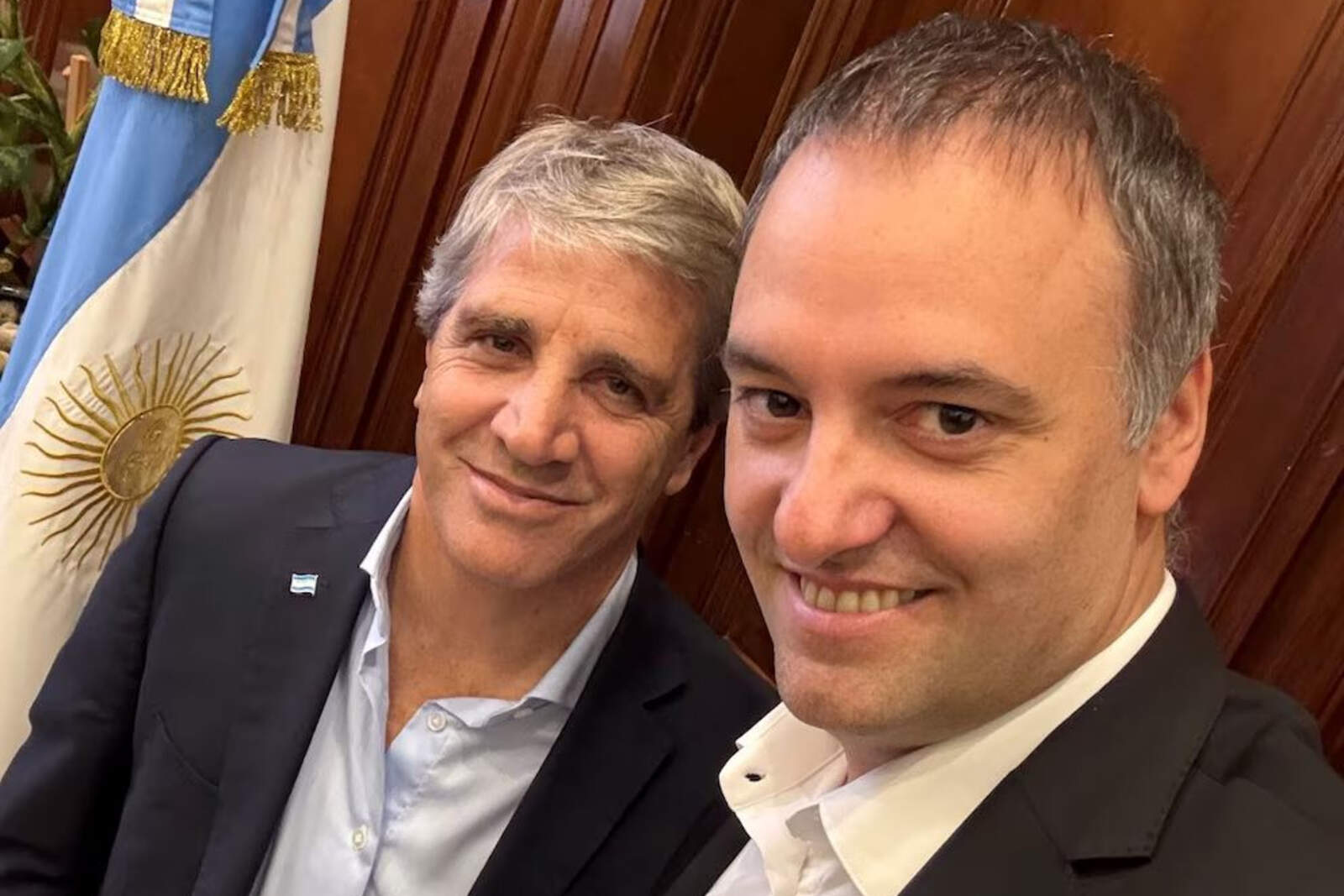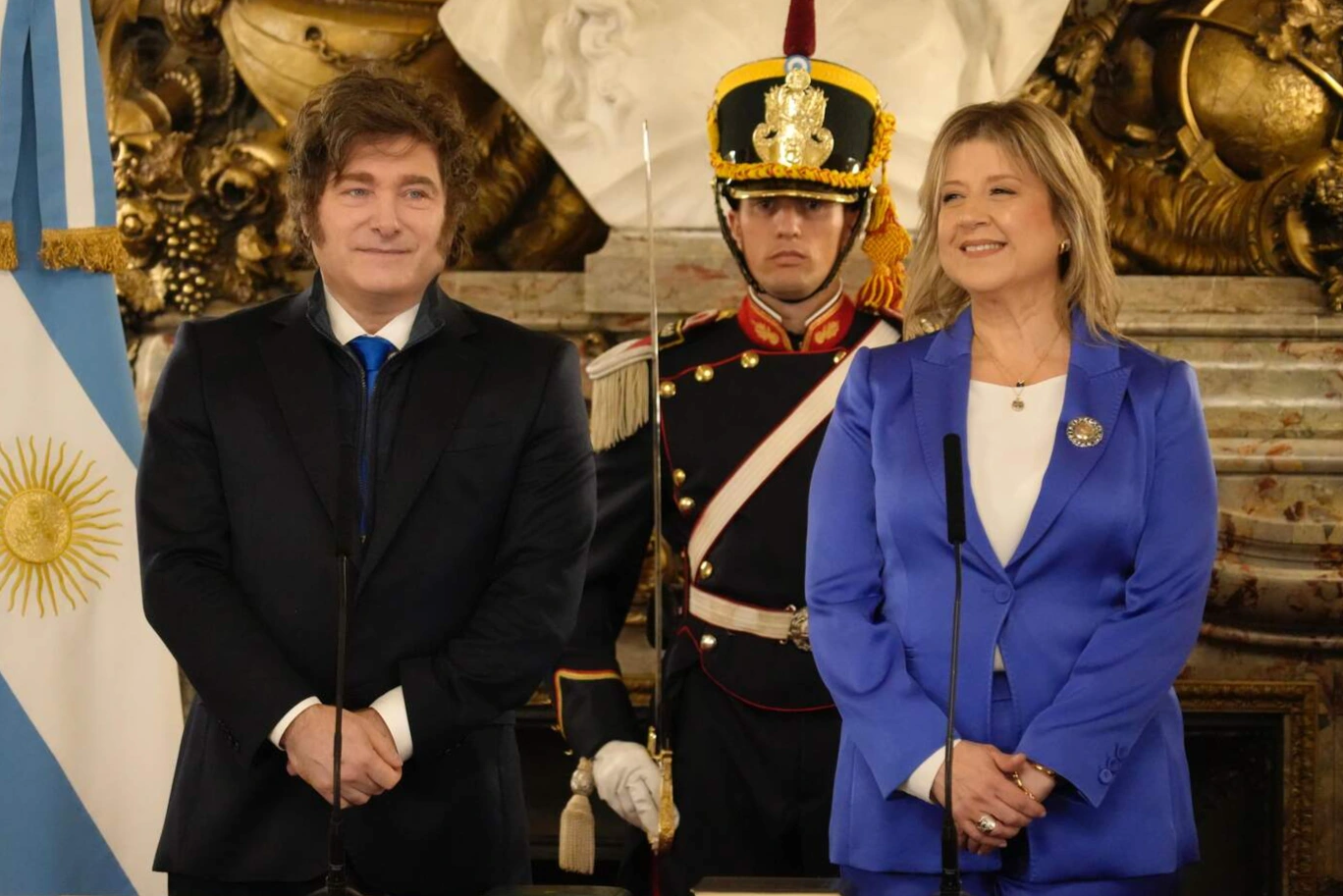In a new step toward financial modernization and economic transparency, the national government will announce this Thursday a set of measures to ease the use of dollars in the informal economy, especially those outside the banking circuit. This was confirmed by presidential spokesperson Manuel Adorni, who, in his usual press conference, stated that "probably, tomorrow" the details of an innovative regime will be revealed, aiming to integrate Argentinians' savings into the system without penalties or tax conditions.
The regulatory package—which combines a presidential decree with a bill to be debated in Congress—was originally planned to be presented last week. However, the coincidence with the legislative elections in the Autonomous City of Buenos Aires, where Adorni himself won as a candidate for La Libertad Avanza, led to the postponement of the announcement. Meanwhile, the technical team continued refining the legal and fiscal framework to ensure a transparent, effective implementation in line with international standards.
[IMAGE]{1031128}[/IMAGE]
The Minister of Economy, Luis Caputo, dispelled doubts regarding the content of the initiative: "It is not an amnesty nor is it true what was said about the amounts of 100 thousand dollars", he clarified, referring to erroneous reports in opposition media.
"What we are going to do is deeper. It is the beginning of a new regime."
According to Caputo, the structural reasons behind the high economic informality are two: excessive taxes and excessive regulations. In the minister's words: "Argentina regulated for the exception. It assumes that 99.9% of Argentinians are criminals, drives everyone crazy, and that makes people avoid formality."
In that line, Caputo was blunt: "There are many regulations that we can unlock from our side to make life easier for Argentinians. It has nothing to do with FATF norms or the FIU. Let's not confuse the issues, it's about simplifying life for Argentinians."








